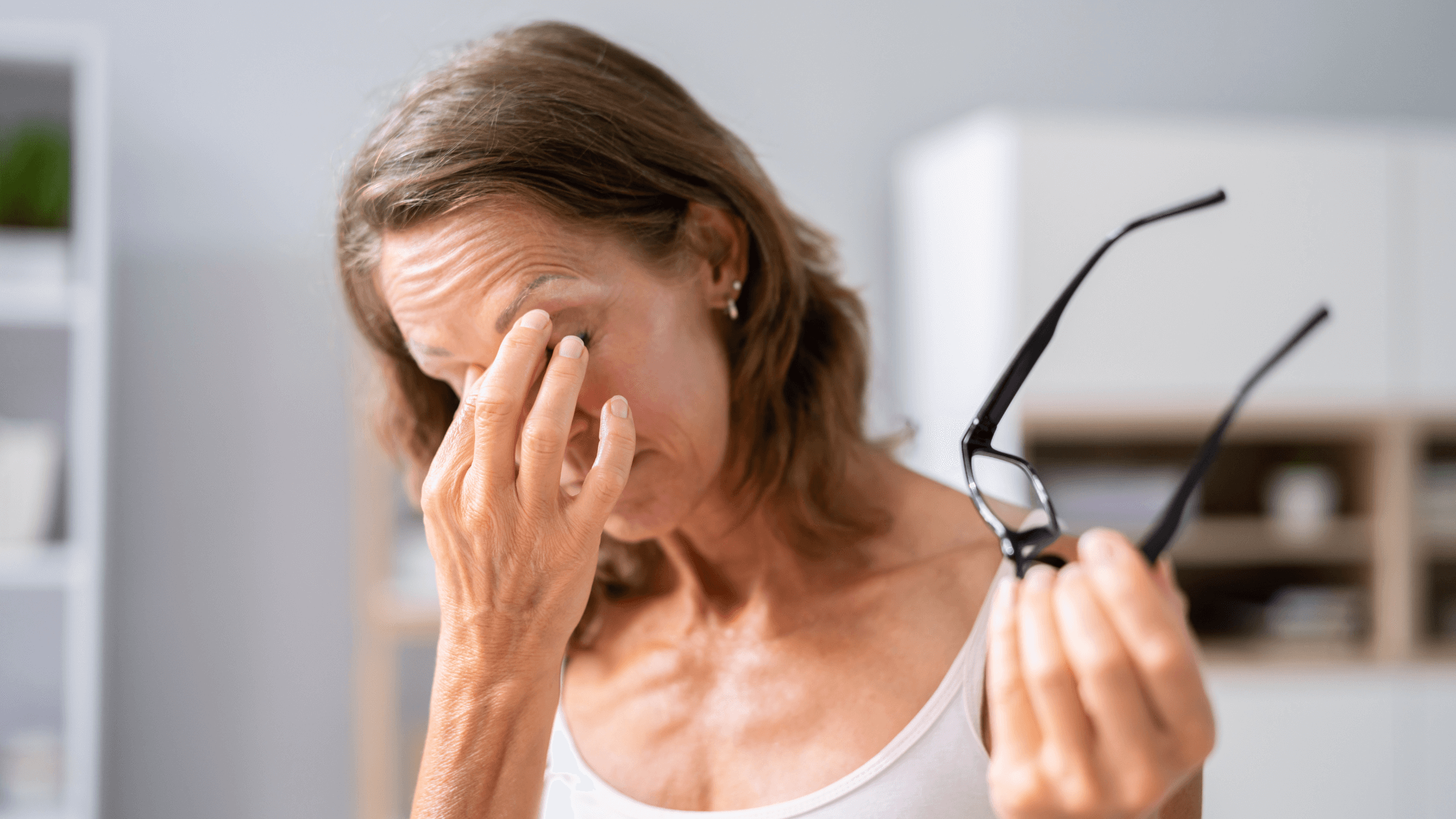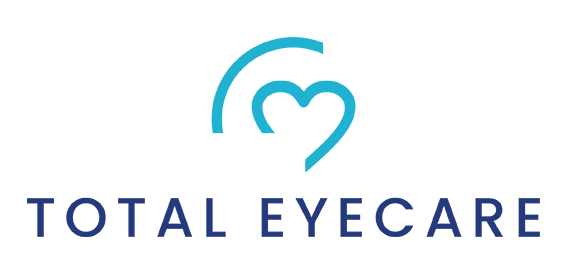
30 Jun What Is Glaucoma and Who Is at Risk?
Glaucoma is a serious eye condition that can lead to vision loss if it isn’t found early. It happens when there is too much pressure inside the eye, which can damage the optic nerve. The optic nerve sends images from your eyes to your brain, so it’s very important for clear vision.
Glaucoma is often called the “silent thief of sight” because it usually doesn’t have any warning signs. Many people don’t know they have it until they begin to lose their vision. The good news is that regular eye exams can catch it early, before it causes serious damage.
How Does Glaucoma Affect Your Eyes?
Your eyes make a clear fluid that flows in and out to keep pressure balanced. If this fluid doesn’t drain properly, the pressure builds up and can damage the optic nerve. Once vision is lost, it can’t be brought back. That’s why early detection is so important.
Types of Glaucoma
There are different types of glaucoma:
- Open-angle glaucoma is the most common form. It develops slowly over time.
- Angle-closure glaucoma is less common but more serious. It can come on quickly and is a medical emergency.
- Normal-tension glaucoma can happen even when eye pressure seems normal.
- Secondary glaucoma may develop after an injury, illness, or as a side effect of certain medications.
Who Is at Risk?
Anyone can get glaucoma, but some people are more likely to develop it:
- People over age 60
- People with a family history of glaucoma
- African American, Hispanic, or Asian individuals
- People with diabetes or high blood pressure
- People who have had eye injuries
- Long-term users of steroid medications
What Are the Symptoms?
Most people with glaucoma don’t notice symptoms at first. As the disease gets worse, they may start to lose their side vision. In later stages, it can lead to tunnel vision or blindness. Angle-closure glaucoma may cause:
- Eye pain
- Blurred vision
- Headaches
- Nausea or vomiting
- Seeing halos around lights
If you notice any of these symptoms, contact us right away.
How Can You Protect Your Eyes?
The best way to protect your vision is through regular eye exams. At Total Eye Care, we use advanced tools to check eye pressure and look for early signs of damage.
Take charge of your eye health. Schedule your comprehensive eye exam today

